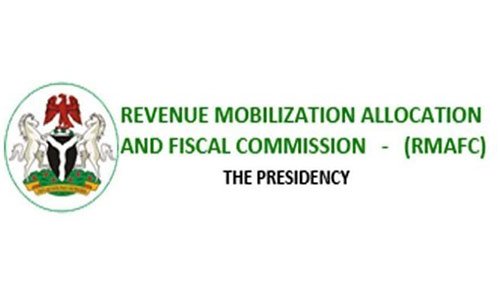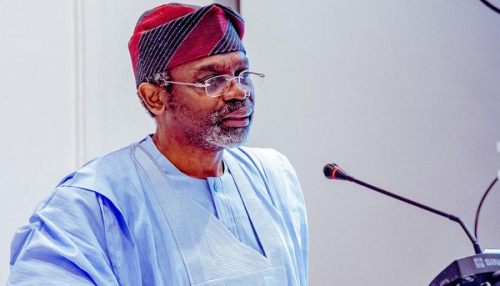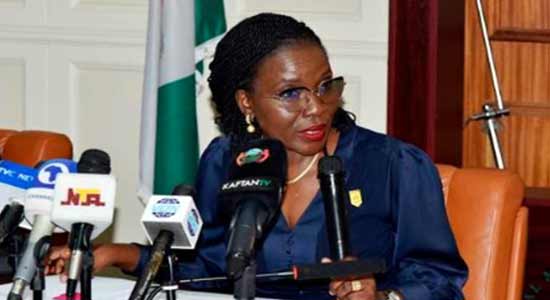THE EXECUTIVE 11/03/2024
RMAFC Decries Cost of Governance

The Revenue Mobilisation Allocation and Fiscal Commission has linked the nation’s slow growth with the high cost of governance.
It noted that the high cost of governance reduces investment in infrastructure and social services, which, in turn, negatively, discourages investment, resulting in unemployment.
RMAFC attributed the nation’s high cost of governance to the expensive presidential system, a bloated bureaucracy with overlapping ministries, and widespread corruption.
The commission, in a statement by its spokesperson, Nwachukwu Christian, in Abuja on Sunday, described the high cost of governance as a drain on the public purse.
The statement read, “The problem of the cost of governance is responsible for the reduction in the provision of infrastructure and social services and the consequent fall in investment, high-level unemployment and rising insecurity in the country. No society can make meaningful progress unless it develops a competent and cost-effective management system capable of maximising the nation’s resources to the benefit of all.
“The RMAFC notes that the cost of governance over the years has been very high and alarming and therefore unsustainable as recurrent expenditure continues to significantly exceed capital expenditure thus negatively impacting investment, industrial expansion, infrastructural development and growth of the real sectors of the economy.
“The high cost of governance in Nigeria was caused by the expensive nature of the presidential system of government, large bureaucracy, duplication of government ministries, departments and agencies and endemic corruption. Other factors were the high cost of public service delivery due to infrastructure failure, high-security costs as a result of insurgencies, kidnappings, ethnoreligious agitations and armed robbery, multiple salaries and severance allowances; extravagant activities and expenditures, high domestic and foreign debts and weak enforcement institutions.”
RMAFC concerns come in the wake of a move by President Bola Tinubu to implement the 2012 Oronsaye Report that recommends the merging of government’s ministries, departments and agencies as a way of cutting the cost of governance.
The 800-page Oronsaye report recommended that 263 of the statutory agencies be slashed to 161; 38 agencies be scrapped; 52 be merged and 14 be reverted to departments in various ministries, among others. In the report, the commission is expected to be subsumed with the National Salaries, Income and Wages Commission.



